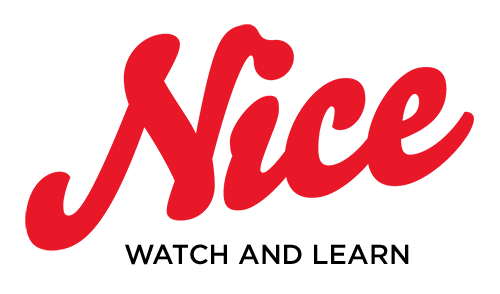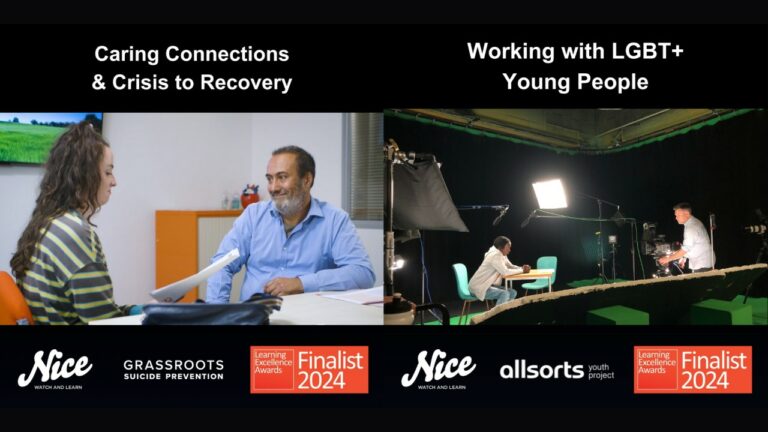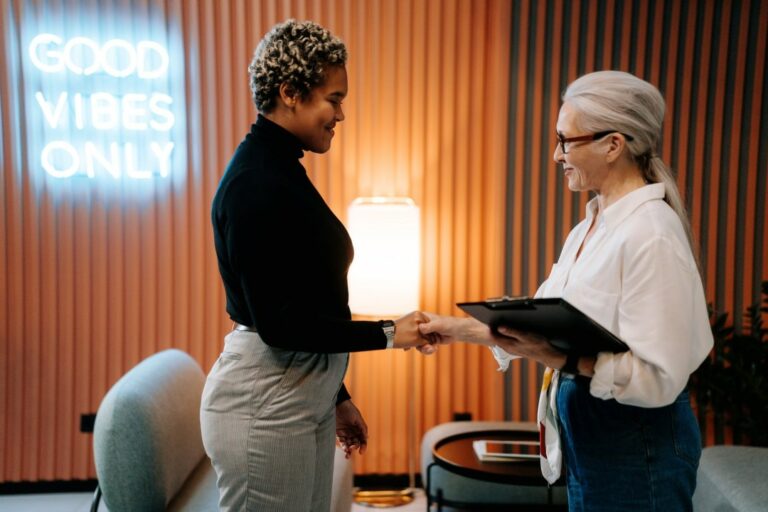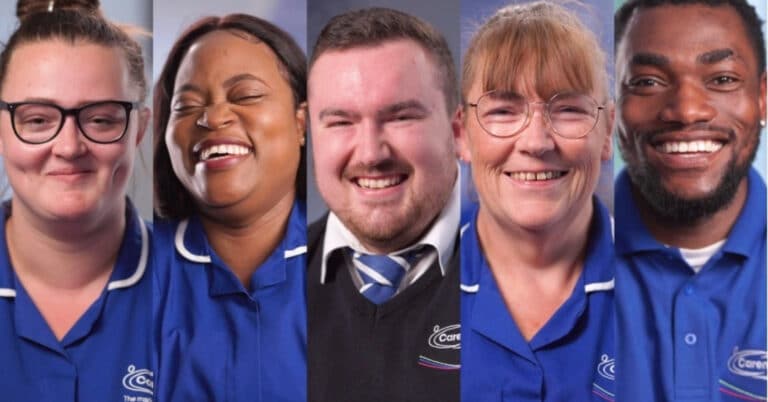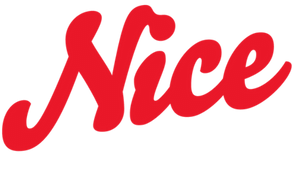Here is a transcript of Ep.1 – Gogglebox.
Hi everyone, my name’s Tom Hickmore and in this episode of “What can TV teach L&D?” I’m looking at Gogglebox.
I make video for learning, so I’m taking popular TV shows and looking at it with an analytical eye, asking “What can we learn from this that we can be applied in the field of learning and development?”
So, Gogglebox. How can this entirely frivolous show be relevant to learning and development? In particular, drama in learning and development.
Well, I think Gogglebox it’s one of the greatest TV formats, and one we can very much relate to L&D.
To understand this, let’s dip our toe into anthropology. Professor Robin Dunbar, the anthropologist, conceived of storytelling as an evolved tool for managing large groups.
A primate’s chief method of social bonding is grooming, which works by activating the brain’s endorphin receptors.
Dunbar theorized that since humans have much bigger social groups than other primates, we must be using more sophisticated bonding mechanisms than simple grooming. These include laughter, singing and dancing. These endorphin-stimulating activities give us a mental and physical “social high” that bond us.
Storytelling, with its emotional ups and downs, is another of these mechanisms that has developed, through novels and drama and movies to a high level of sophistication. So, when we are delivering a story, fundamentally, we are engaging in a form of mass grooming! In application, this works best if those consuming the story discuss it with their friends and colleagues – leveraging these close relationships to stimulate endorphins.
So, back to Gogglebox, the producers took the idea of discussing TV, which is one of the most enjoyable aspects of tele, and they made this into the actual content. And we get a double whammy effect – we enjoy the source content, and then we join in the chat that follows.
I’m not aware that anyone has used this format in L&D, (I would love to have the opportunity), but I’ve personally been involved in sharing emotional dramatic clips in a MOOC where the learners discuss its meaning. I’ve also made drama clips designed to be shown in training sessions which use them to start interesting conversations.
Drama is a great tool for stimulating discussion at work, because everyone has an opinion about it and because, fictionalising a workplace issue makes the discussion of it safe.
Want to hear more about what TV can teach L&D? Contact us to sign up to our mailing list.
